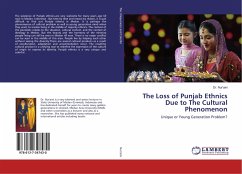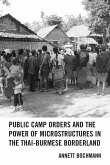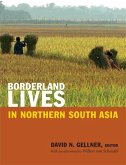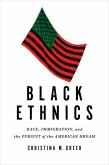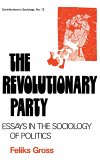What happens in a region inhabited by various nationalities and hostile ethnic groups after a long period of antagonism and conflicts culminates in genocide and massacres? Are people able to forget the past, to live together as good neighbors? How diverse nationalities, Italians and Slavs, once mortal enemies, learned to live together is one of the major themes of Ethnics in a Borderland. The area chosen for field research was the Italian borderland, the northern Italian-Yugoslav frontier region, called the Julian Region. As a preliminary step toward examining ethnic tensions, Feliks Gross takes a fresh look at the problem of nationality in the first part of the book. He asks: What is ethnicity? Nationality in terms of the natives? In terms of their perceptions rather than ours? The second part analyzes and tells the story of how, after genocide and massacres, persecutions and conflicts, various nationalities have learned again to live together.
Hinweis: Dieser Artikel kann nur an eine deutsche Lieferadresse ausgeliefert werden.
Hinweis: Dieser Artikel kann nur an eine deutsche Lieferadresse ausgeliefert werden.


